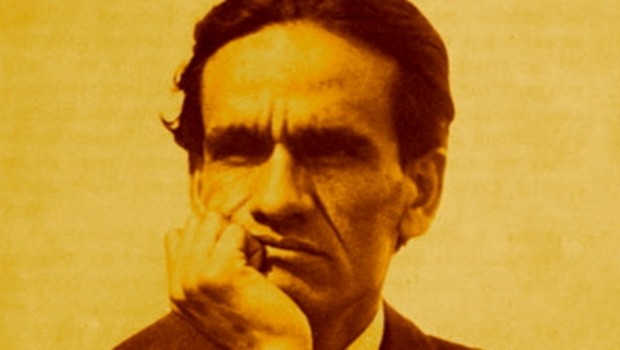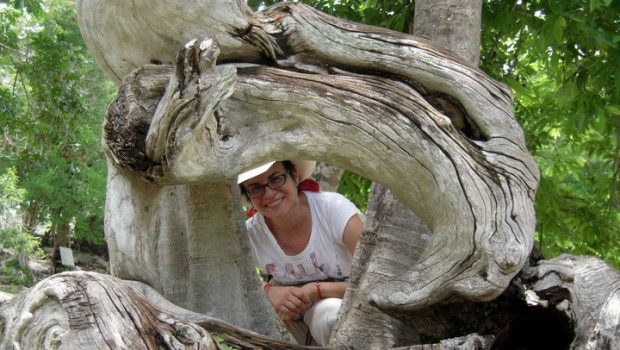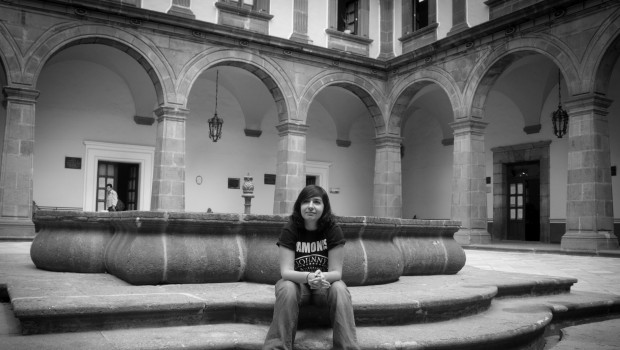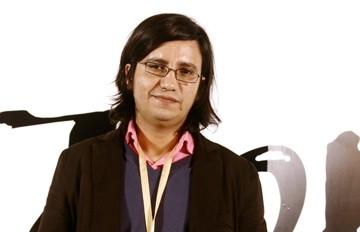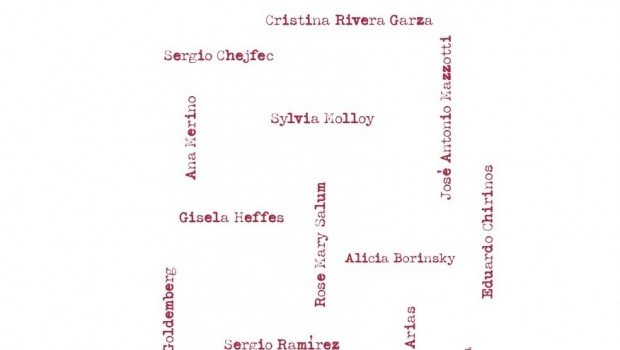Vallejo Revisited
John Pluecker
 César Vallejo,
César Vallejo,
Against Professional Secrets,
Roof Books, 2011.
Translated by Joseph Mulligan
Why not start with an assertion: readers of César Vallejo’s poetry read best when they are lost.
Not being lost is a condition that Vallejo sees as a form of imprisonment. As Vallejo states (in English through Joseph Mulligan’s translation): “I want to get lost from a lack of roads. I’m itching to get lost permanently, no longer in the world nor in morality, but in life and by dint of life… I awake in the world and with the world, in myself and with myself. I call and inevitably they answer, and my call is heard. I go out onto the street, and there is a street. I start thinking, and there is always thought. This is exasperating.”
In Vallejo’s newest book in translation into English, Against Professional Secrets, we find a way out of this prison of predictability, rules and routine. The book functions as guide to an incipient rebellion. A rebellion against technicians, against professional cages, against poetic insularity. Whether we are locked into Vallejo’s early twentieth century urbanity or our contemporary Googleability and social networks, one of the conditions of modernity is that we are constantly found and findable.
The plans for Vallejo’s revolt, as enumerated in books of poetry like The Black Heralds (1918) to Trilce (1922), have historically resonated with several different North American avant-gardes. His work was venerated among the Language Poetry school of the 1970’s and 80’s and is a reference point today for younger Latin American experimental poets like Mónica de la Torre and Dolores Dorantes.
As a way to better understand the breadth of Vallejo’s poetic writings and to place this book, I purchased a copy of the Complete Poetry of César Vallejo, translated by Clayton Eshleman. In the anthology, Against Professional Secrets (which was posthumously published by Vallejo’s widow Georgette in 1973 and not included in the anthology) is referred to as a collection of essays. Yet, many of the poems from Human Poems are also organized in paragraphs, seemingly closer to prose poems. Mulligan calls Against Professional Secrets one of Vallejo’s “books of thoughts” (of which he says there are two in existence in addition to Vallejo’s “244 articles, his 12 plays, his 7 volumes of fiction, [and] 3 volumes of translation”). In fact, he points out, “Libro de pensamientos” was originally a subtitle for the book. Mulligan goes on to classify these texts as “prose poetry” of the type used first in Trilce. Needless to say, Vallejo continues to provoke debate years after finding his eternal home in the Montrouge Cemetary in Paris.
Of course, at the root of it, these classifications–whether these texts are poetry or prose or prose poetry or essays–are beside the point for the reader interested in following Vallejo’s urgent call for “lostness.” In its form, this book is moving towards an aesthetic that is more like Gertrude Stein’s deceptively simple meanderings, camouflaging a plethora of complex aesthetic decisions and ethical motivations. Vallejo indicates as much when he states in one piece: “Every thing wears its hat. All animals wear their hats. The plants wear theirs as well. There is not in this world anything or anyone that doesn’t cover their heads. Even though men may remove their hats, the head always stays covered by something we could call the innate, natural and tacit hat of each person.” The rules (and aesthetic decisions themselves) are inescapable despite our best efforts towards freedom. For Vallejo, this contradiction between the power of the structure and our desire for freedom actually gives birth to poetry.
So how do I tell the story of how I read this book? I go back to one of the pieces in the book: “Masterful Demonstration of Public Health.“ Here, Vallejo talks about the need he has to tell a story of something that happened to him in a hotel in Nice. He continually goes back to his need to tell the story but cannot find the “literary form” or the “parts of the sentence” or the “punctuation marks” he needs to tell it. He then decides the Spanish language itself is ill suited to the endeavor. Yet he is able to find a few words in French and then in English, which he thinks would help him. Finally he concludes that the words to help him “were spread throughout all the languages of the land and not in only one of them.” Vallejo then provides a glossary of words in Lithuanian, Russian, and Romanian (among other languages) that when finally set down on the page, lead him to feel like he had finally told the story he wanted to tell.
How could a glossary of words in many languages tell the story of what happened to him in a hotel in Nice? How do all words (and translations) end up as failures? How do all of them end up possibly succeeding as well? Vallejo raises these exciting questions and then scurries out of sight without providing answers, leaving us “lost”–and hopefully a little more free.
Posted: May 9, 2012 at 7:00 pm


